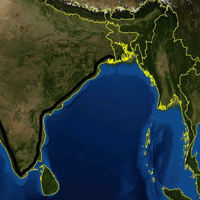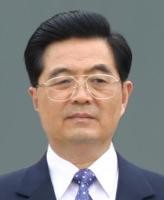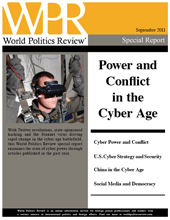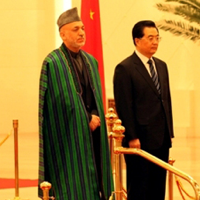
After almost 40 years of intermittent and fruitless talks, Bangladesh and Myanmar appear close to a final settlement of their maritime boundary dispute in the Bay of Bengal. Frustrated with stalled negotiations, Bangladesh submitted the case to the International Tribunal for the Law of the Sea (ITLOS) in 2009. After a series of oral hearings in September, which included numerous technical arguments, the court recently adjourned and plans to deliver a ruling in March 2012. The speed with which the case has progressed is in stark contrast to other maritime boundary disputes in Asia, but that is not surprising: There […]






